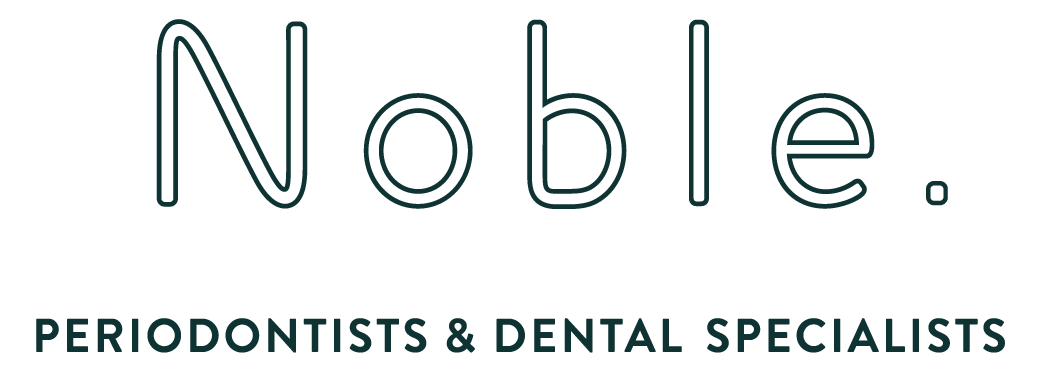Working with Financially Compromised Patients
Working with Financially Compromised Patients
What do you do when a patient says they can’t afford the care that they desperately need? Or if they refuse to pay their bill? We will look at what it means to run your practice in these trying times, and how to avoid some common missteps concerning financially compromised patients.
“I can’t afford treatment.”
As specialists, this is unfortunately something we hear fairly often. Most patients who say this are being genuine - when they look at their bank accounts, they just can’t visualise investing hundreds or thousands of dollars on dental care.
It is crucial that you validate their fears - ‘I understand that this may be stressful for you’, or ‘Thank you for being honest with me.’
However, in a lot of cases, they do not prioritise their health expenses over other spending in their lives. Make sure you demonstrate how the money they are spending on treatment is an investment into their overall quality of life. What would they look like if they never got treatment?*
Then work with them to find a solution. Is there any way they could budget or save money each week in a way that allows them to afford treatment? Do you offer any payment plans or low/no-interest credit services? Is the treatment able to be spread over an extended period of time?
Perhaps you have a personal anecdote of an area of your life that you were spending a lot of money and you didn’t notice - coffee, haircuts, beauty treatments. All of these are ultimately less important than maintaining your wellness.
*Elective surgeries like Dental Implants are different to other treatments as they are considered optional permanent replacements. Make sure it is clear to your patients whether or not your treatment is imperative or if it is elective.
“I’m not paying.”
We have a low tolerance for patients who refuse to pay. Each practice will manage this issue differently, but in our experience a customer who refuses to pay their bill once - will do it again.
Our patients in financial hardship will usually seek options - like Q Card - where they can draw out their payments over a longer period of time. On the other hand people who flatly refuse to pay are usually resentful and don’t understand the reasons behind the cost of treatment.
You may try to reason with them about why the treatment costs what it does - the costs of components, support staff etc. But for the large part they will be unwilling to listen, and have made their mind up. In this case - it is out of your hands. The saddest part about this is that they will likely ignore their dental issues until they reach a crisis point, and more often than not this means the humiliation of losing their teeth.
Alas, a Catch 22.
“I couldn’t afford it before, but I’m back and I’m ready to go”
It is so important with these patients to be encouraging and supportive of their decision to return. While their dental situation may have deteriorated - and you will have to explain this to them - they came back, and most likely had to overcome some fears to do so.
Acknowledging and reinforcing how great it is that they are now in your chair is more important than degrading them for leaving it for so long. Speak frankly about their situation, and answer their questions respectfully.
Do you want to serve people in serious financial hardship?
Dr Longbottom is involved with CAP, an organisation which supports people living in debt in New Zealand. He also supports ITEC Dental Training - a programme which does indigenous dental training abroad. If you would like to offer your services to these charitable organisations, get in touch with us for more information.

